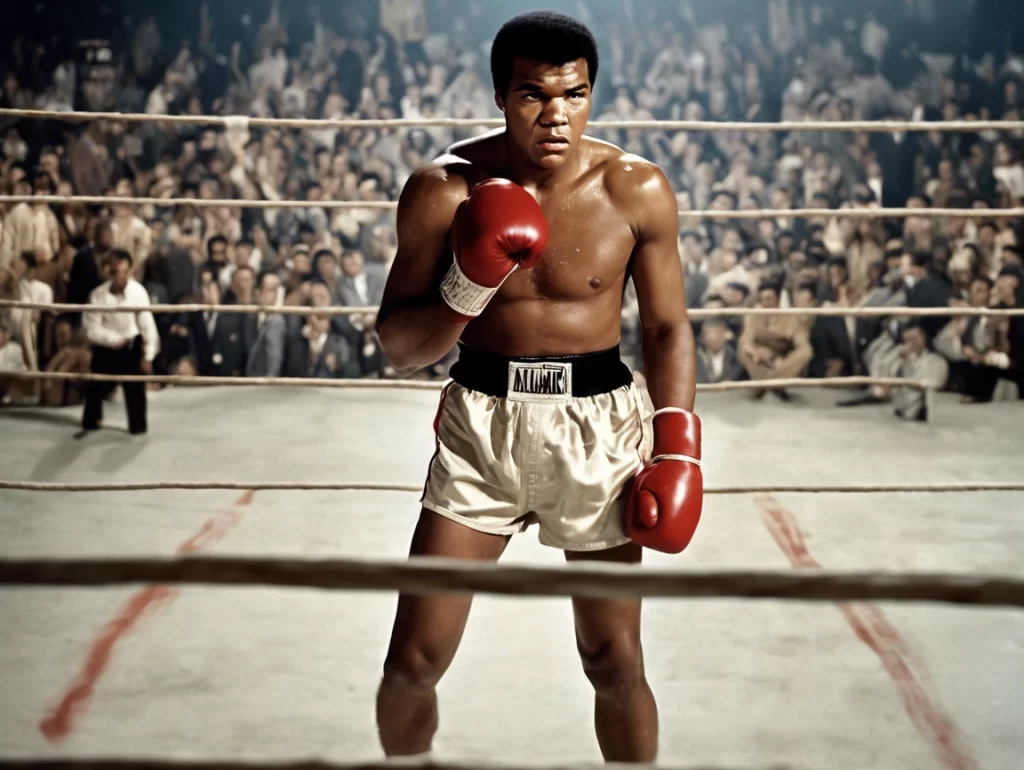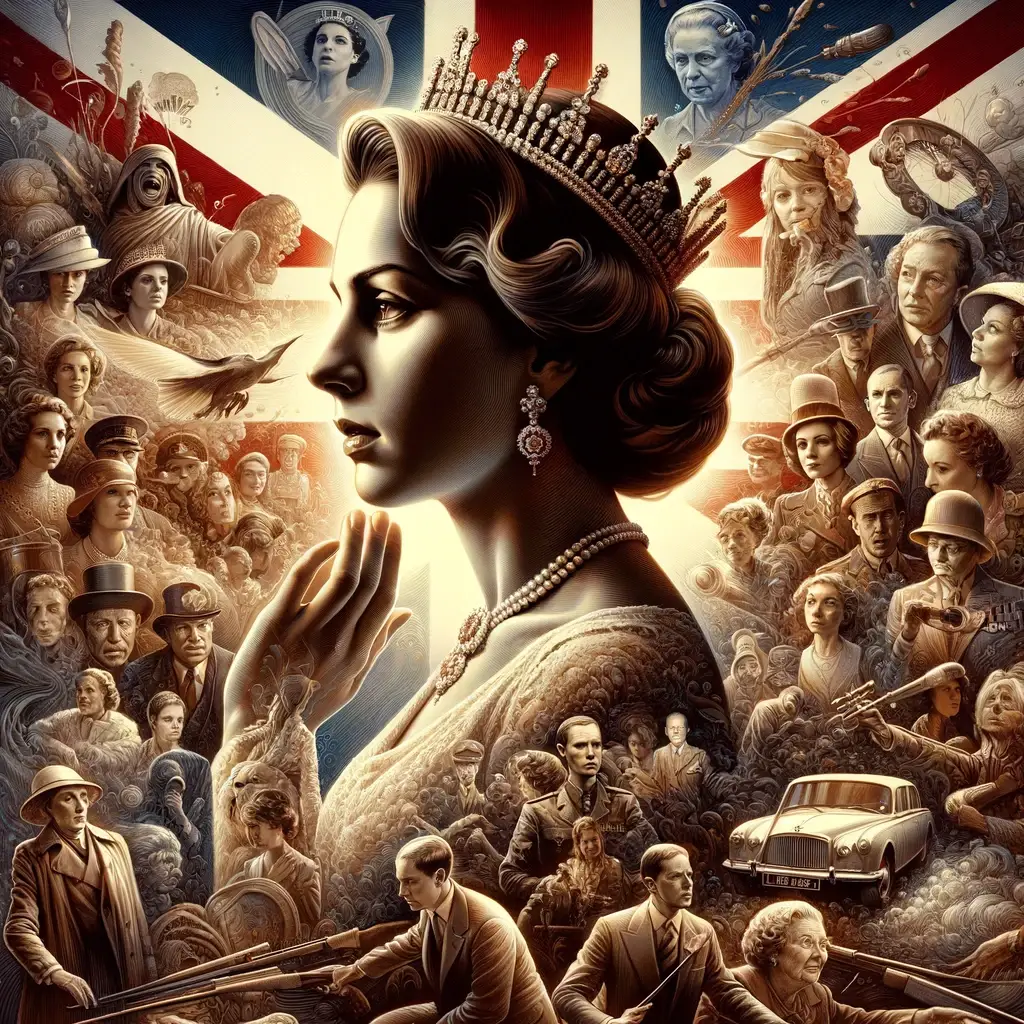Muhammad Ali, born Cassius Marcellus Clay Jr. on January 17, 1942, in Louisville, Kentucky, is widely regarded as one of the greatest boxers and most influential athletes in history. But beyond his accomplishments in the ring, Ali’s life tells a much deeper story of social activism, personal transformation, and courage that transcended sports.
The Rise of a Champion
Ali’s boxing career began when he won a gold medal at the 1960 Rome Olympics in the light heavyweight division. Known for his speed, charisma, and larger-than-life personality, he quickly rose to fame. In 1964, Ali shocked the world by defeating Sonny Liston to win the heavyweight title. It was in the same year that he announced his conversion to Islam and changed his name from Cassius Clay to Muhammad Ali, rejecting his “slave name” and embracing his new identity with the Nation of Islam.
The Fight Outside the Ring
Ali’s impact wasn’t limited to boxing. He became a symbol of resistance when he refused to be drafted into the U.S. military during the Vietnam War in 1967, citing religious beliefs and opposition to the war. This decision led to his arrest, the stripping of his titles, and a three-and-a-half-year ban from boxing. However, Ali’s stance on civil rights and anti-war activism made him a global icon for peace and justice, even as his career hung in the balance.
The Comeback
After his ban, Ali returned to boxing, reclaiming his heavyweight title in 1974 by defeating George Foreman in the historic “Rumble in the Jungle.” His 1975 bout with Joe Frazier, known as the “Thrilla in Manila,” further solidified his legacy as one of the toughest competitors in sports. Ali’s unique combination of skill, strategy, and showmanship made him a legend both inside and outside the ring.
A Legacy of Strength and Compassion
In his later years, Ali battled Parkinson’s disease but continued to inspire millions around the world. He used his platform for philanthropy, humanitarian work, and advocating for civil rights until his passing in 2016. Muhammad Ali’s legacy goes beyond his boxing achievements—he stood for justice, freedom, and the power of standing by one’s beliefs, regardless of the consequences.
Muhammad Ali was more than just a boxer; he was a champion for humanity.



